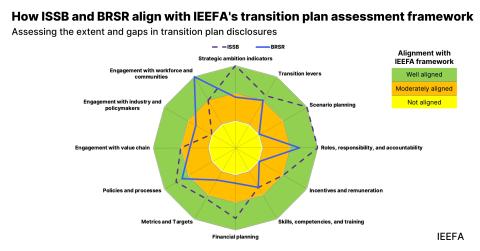Contract with LUMA Energy sets Puerto Rico up for full privatization, higher rates
Download Full Report
Key Findings
The contract is objectionable on a mix of policy and procedural grounds; it will not keep electricity rates low, create a renewable energy system, or provide the island’s citizens with strong, independent oversight to protect the public interest.
LUMA Energy, as a private company, is not required to put any of its own money at risk. This is not a partnership; it is a contract that guarantees the flow of money to LUMA and leaves a safe, reliable and affordable electricity system for Puerto Rico to luck.
The overall plan for the transformation of the electrical grid needs to be redesigned to comply with Puerto Rico law and energy policy.
Executive Summary
The recent agreement between LUMA Energy and Puerto Rico’s Public-Private Partnerships (P3) Authority and the Puerto Rico Electric Power Authority (PREPA) for the operation of the transmission and distribution of the island’s electrical system should be rescinded. The overall plan for the transformation of the electrical grid needs to be redesigned to comply with Puerto Rico law and energy policy. Neither the transformation plan nor this contract will achieve a 20 cents per kilowatt-hour (kWh) price of electricity, create a 100% renewable energy system, ensure that a steady and stable workforce continues to serve Puerto Rico, or provide the island’s citizens with strong, independent oversight to protect the public interest.
The contract is billed as a transmission and distribution operation agreement and organized as a public-private partnership. The contract fails from the outset, as it is actually a full privatization of PREPA’s basic functions. The contract is signed with a private company that is not required to put any of its own money at risk. This is not a partnership; it is a contract that guarantees the flow of money to LUMA Energy and leaves a safe, reliable and affordable electricity system for Puerto Rico to luck. The LUMA contract will:
- Push electricity rates up
- Use financially weak companies
- Promote expansion of outdated natural gas plans
- Pursue unsound labor practices
- Lack public input
- Repeat past mistakes
The LUMA contract is objectionable on a mix of policy and procedural grounds that are so extensive that its execution is unlikely to achieve critical resiliency, affordability, renewable energy, workforce and budgetary goals.















